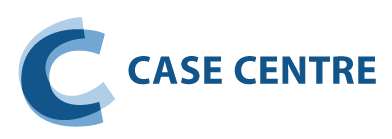


- Not connected
- |
- Login

Canada’s Largest Health Website Goes Social (A and B)

- English
- Health,
- Community,
- Website,
- User-generated content,
- Social media
This case deals with PasseportSante.net (PS), a health-related website and virtual community. PS offers expert content and interactive web features enabling members to create and share content and contribute to the site’s value proposition. PS was launched in 1998 during the dot.com era, so it preceded the social web era. PS had been Canada’s largest consumer health-related website since 2001, but Charmian Harvey, its CEO, realized the site had to adapt if it was to remain successful in today’s web 2.0 environment, where social media rules. She knew that social features would be central to the site’s strategic development, so the case focuses on comparing PS’s existing social features with those offered by competitors. Students learn about the analytical approach to making data-driven management decisions.
- Healthcare
- Virtual communities
- Website
- Health
The main teaching objectives are as follows:
- Understand the various business models used by on-line communities;
- Understand the strategic value of user-generated content (UGC) for those business models;
- Understand the competitive landscape of on-line health communities;
- Understand the challenges of managing community growth;
- Understand the challenges of transitioning from web 1.0 to web 2.0
Value creation through social interaction (Kaplan and Haenlein, 2010)


